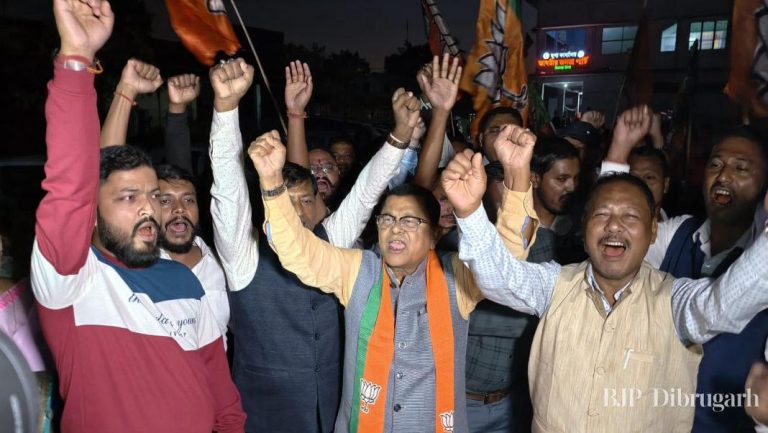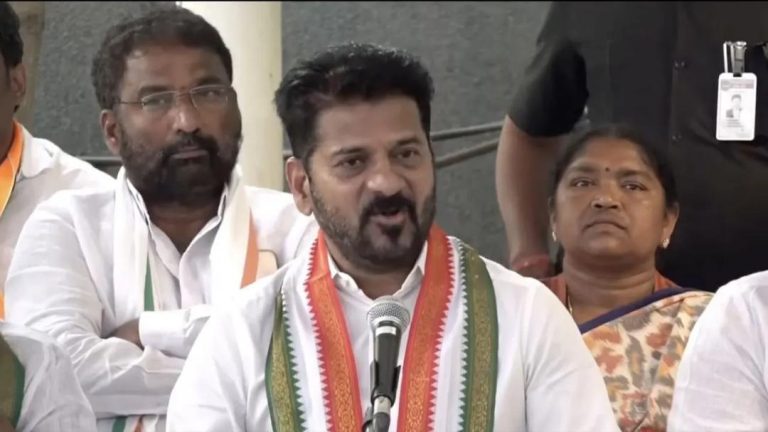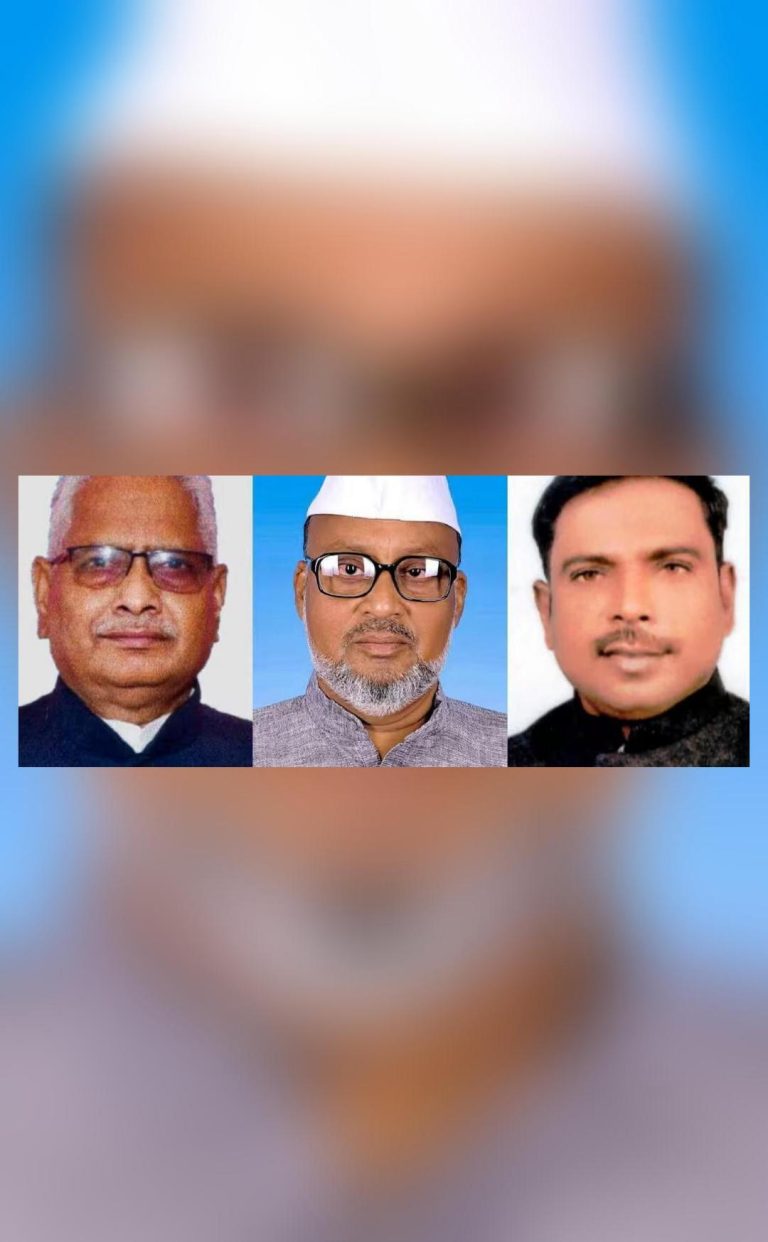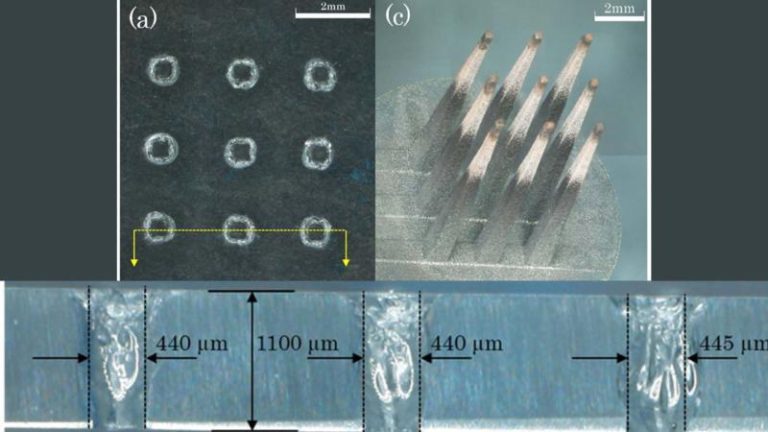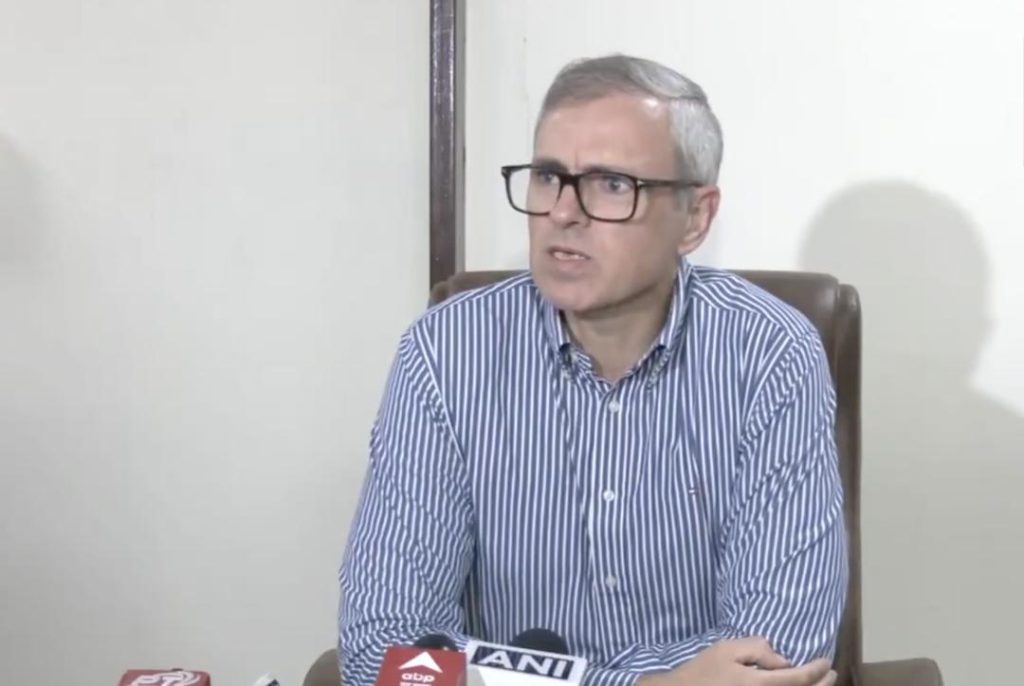
Why should I send water to Punjab?: J&K CM on canal proposal
In a recent development, the Chief Minister of Jammu and Kashmir, Omar Abdullah, has sparked a controversy by questioning the necessity of a 113 km-long canal proposed to redirect surplus water from three western rivers of the Indus system in J&K to Punjab, Haryana, and Rajasthan. The canal, which is expected to benefit the water-starved regions of Punjab, Haryana, and Rajasthan, has been met with skepticism by the J&K CM, who has raised questions about the distribution of water resources in the region.
Speaking at a press conference, CM Omar Abdullah expressed his reservations about the canal proposal, stating, “Why should I send water to Punjab? Punjab already had water under the Indus Waters Treaty.” He also added, “Did they give us water when we needed it?” The Indus Waters Treaty, signed in 1960, allocates the waters of the Indus, Chenab, and Jhelum rivers among India, Pakistan, and Jammu and Kashmir.
The canal proposal has been a topic of discussion for some time now, with the governments of Punjab, Haryana, and Rajasthan pushing for its implementation. The canal is expected to benefit these regions by providing them with a reliable source of water, which is currently scarce. The proposal has been met with opposition from the Jammu and Kashmir government, which has questioned the legitimacy of the canal and its impact on the state’s water resources.
The controversy surrounding the canal proposal is not new. In 2014, the then-CM of J&K, Mufti Muhammad Sayeed, had also raised concerns about the canal, stating that it would harm the state’s water resources and affect the livelihoods of its people. The proposal has been met with criticism from various quarters, including environmentalists and social activists, who have raised concerns about the potential environmental and social impacts of the canal.
The J&K CM’s statement has sparked a heated debate about the distribution of water resources in the region. Many have argued that the canal proposal is unfair to Jammu and Kashmir, as it would divert water from the state to other regions without providing any tangible benefits to its people. Others have argued that the proposal is necessary to address the water scarcity faced by the regions of Punjab, Haryana, and Rajasthan.
However, the J&K CM’s statement has also raised questions about the fairness of the Indus Waters Treaty. Under the treaty, Jammu and Kashmir is allocated a significant share of the water resources of the Indus, Chenab, and Jhelum rivers. However, the state has often been at the receiving end of the treaty, with its water resources being diverted to other regions without its consent.
The controversy surrounding the canal proposal has also highlighted the need for a review of the Indus Waters Treaty. The treaty is over 60 years old and has several loopholes that need to be addressed. The J&K CM’s statement has sparked a debate about the need for a more equitable distribution of water resources in the region.
In conclusion, the controversy surrounding the canal proposal is a complex issue that requires careful consideration. While the proposal may benefit the regions of Punjab, Haryana, and Rajasthan, it is also important to consider the impact it may have on Jammu and Kashmir and its people. The J&K CM’s statement has highlighted the need for a more equitable distribution of water resources in the region, and the need for a review of the Indus Waters Treaty.
